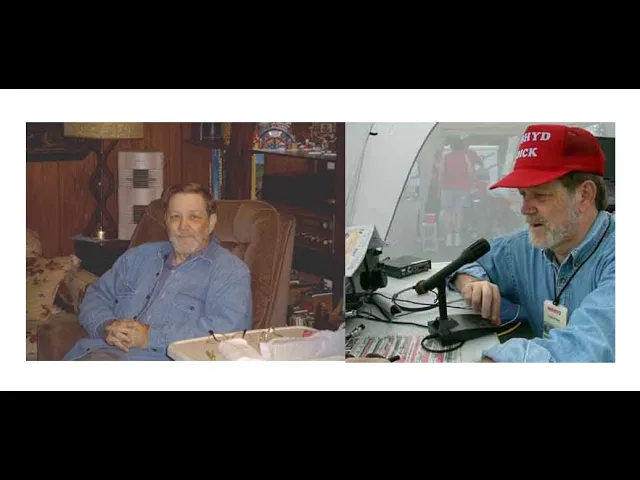
Hello, this is Martin Brossman, KI4CFS, and I’m joined by Carl Davis, WAWZA. Today, we’re discussing a fundamental concept in ham radio that has been pivotal in nurturing generations of amateur radio enthusiasts: the Elmer.
The Origin of the Term “Elmer”
The term “Elmer” in ham radio circles refers to a mentor or guide, someone with more experience who helps a newcomer get started and grow in the hobby. This peer-to-peer learning system is crucial for new hams, providing them with the knowledge and support needed to navigate the complexities of amateur radio.
The origin of the term dates back to an article where the author mentioned his mentor named Elmer. The name stuck, and today, in ham radio, we call mentors “Elmers.” These are the individuals who take new hams under their wing, teaching them everything from operating procedures to technical skills.
The Role of an Elmer
Elmers are not necessarily the most seasoned hams, but they are individuals who have knowledge and experience to share. Carl Davis, for example, started as a ham at 15 and has had numerous Elmers over his 25-plus years in the hobby. He emphasizes that Elmering is about mutual learning; newer hams can also teach seasoned operators about the latest technologies and modes that were not around when they first got their licenses.
Finding an Elmer
Joining a local ham radio club is one of the best ways to find an Elmer. Clubs often have programs specifically designed to help new hams get their stations operating safely and effectively. For instance, the Raleigh Amateur Radio Society (RARS) has a group that meets monthly to assist newcomers.
Elmers are found through various means, including on-air contacts, club meetings, and even online platforms like Facebook and Twitter. Carl shared his own experience of meeting Bob Kade, NSR, who helped him understand trigonometry necessary for his advanced license. This mentorship was crucial for Carl, highlighting the value of experienced hams in educating the next generation.
The Culture of Mentorship
Ham radio’s culture of mentorship stands out in today’s society, where such relationships are not as common in other areas, like business. Carl stresses the importance of being open to feedback and viewing corrections as opportunities for improvement. He encourages new hams to be receptive to advice and to seek out mentors who can provide guidance and support.
The Mutual Benefits of Elmering
Elmering is a two-way street. While it traditionally involves more experienced hams mentoring newcomers, the reverse is also true. New hams can introduce veterans to new technologies and modes. This continuous exchange of knowledge keeps the hobby dynamic and ensures that all operators, regardless of experience, continue to learn and grow.
The Importance of Feedback
Receiving and giving feedback is essential in ham radio. Carl emphasizes that constructive feedback should be given kindly and politely to foster a supportive environment. For example, rather than criticizing a new operator for low audio, a polite suggestion to speak closer to the microphone is more effective.
Ham radio also has a system for providing technical feedback through signal reports, which helps operators adjust their stations for better performance. This system of feedback and continuous improvement is a core aspect of the hobby.
Conclusion
Being an Elmer is not just about teaching; it’s a commitment to mentoring, supporting, and learning from others. Ham radio is a technical hobby that evolves with technology, and Elmers play a critical role in ensuring that all hams, new and old, keep up with these changes.
Elmering fosters a sense of community and continuity in ham radio, helping to pass down knowledge and skills through generations. Whether through local clubs, online platforms, or on-air interactions, Elmers are the backbone of the ham radio community, ensuring its growth and sustainability.
For those interested in becoming or finding an Elmer, get involved with your local ham radio club, engage with online communities, and most importantly, be open to learning and sharing knowledge. This is the spirit of ham radio, and it’s what makes the hobby rewarding for everyone involved.
Martin Brossman, KI4CFS, and Carl Davis, WAWZA, signing off. 73!